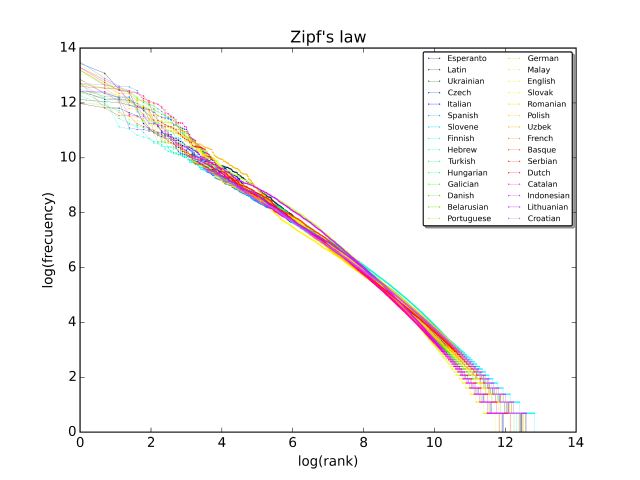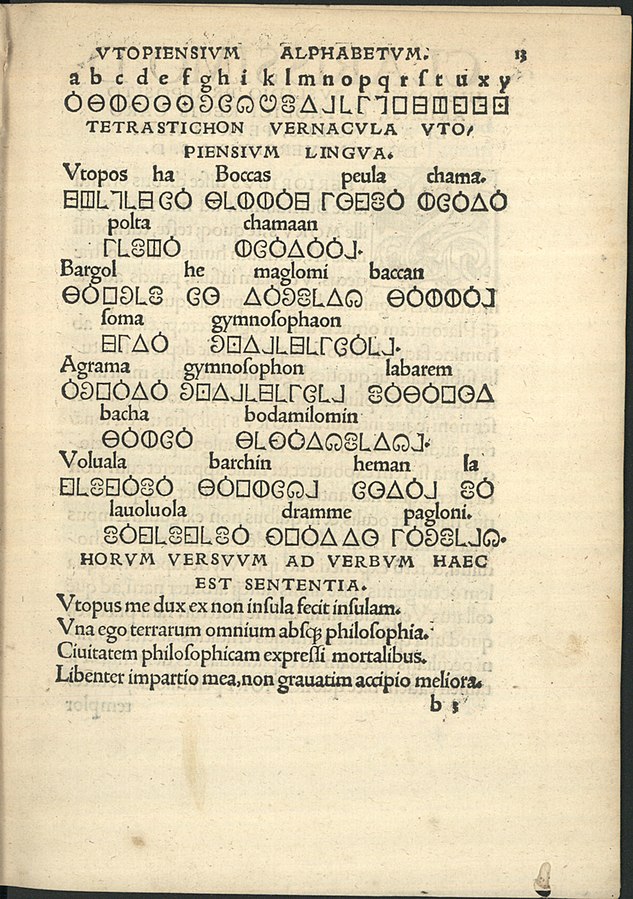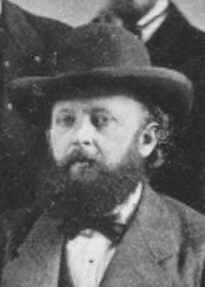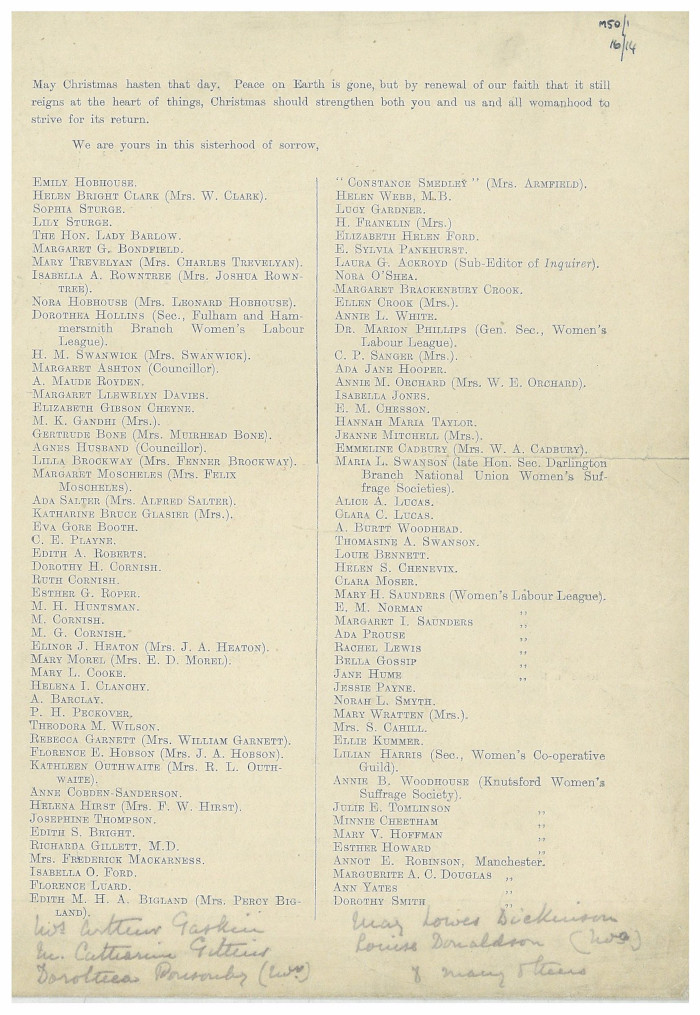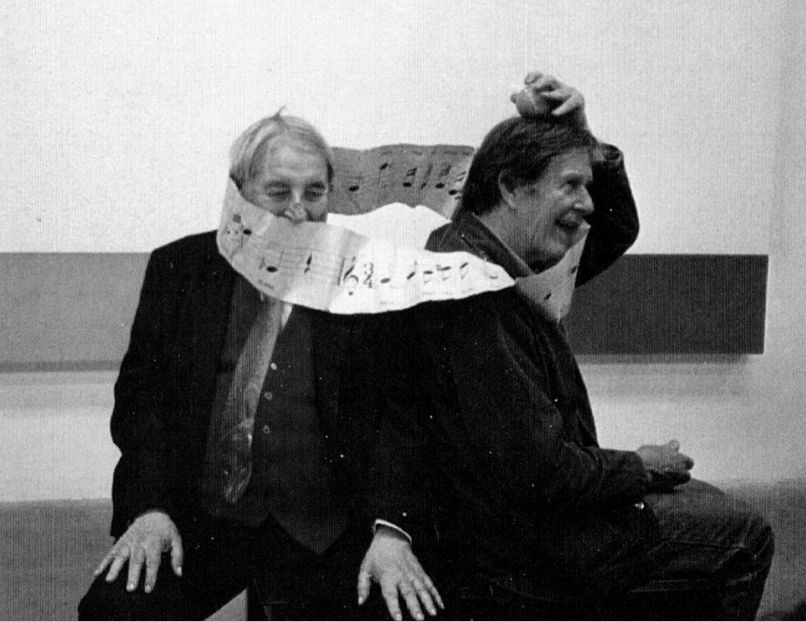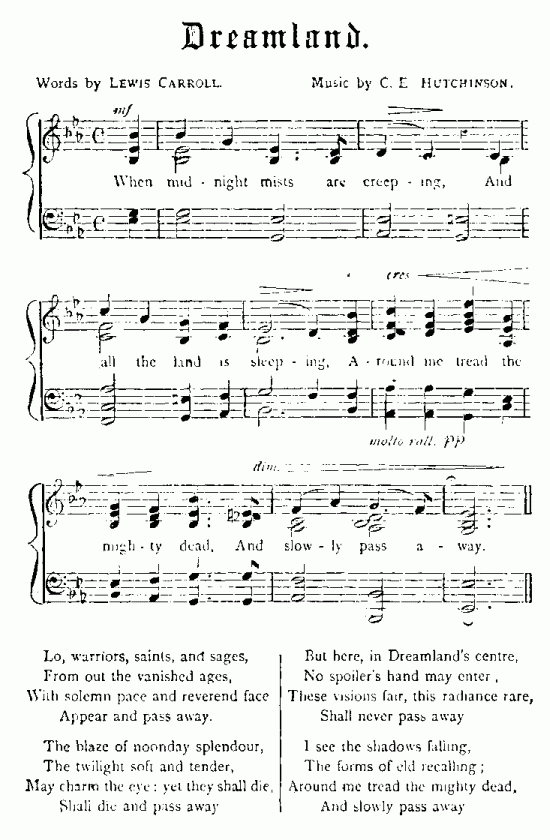In a speech class at Oregon State University in 1967, Charles Goetzinger arranged for one student to arrive covered with a large black bag. Only his bare feet showed. Every Monday, Wednesday, and Friday at 11 a.m., the student would sit on a table at the back of the room, rarely speaking or moving. Goetzinger knew the student’s identity, but none of the other 20 students did.
At first the students treated the bag with hostility, but this evolved into curiosity and even friendship. When another teacher disparaged the mysterious student, “It made me mad,” said a classmate. “I felt I had to protect him.”
The experiment is seen today as an example of the “mere-exposure effect,” the phenomenon that familiarity breeds preference. The students knew nothing about the man in the bag, but simply encountering him over and over disposed them to like him. In the words of social psychologist Robert Zajonc, “mere repeated exposure of the individual to a stimulus is a sufficient condition for the enhancement of his attitude toward it.”
In a letter to a newspaper, one student wrote, “The Bag has motivated us, made us delve, explore, ponder and try to understand what goes on inside us. … Above all it has made us learn. It has persuaded us, and drastically changed everyone in the class.”


